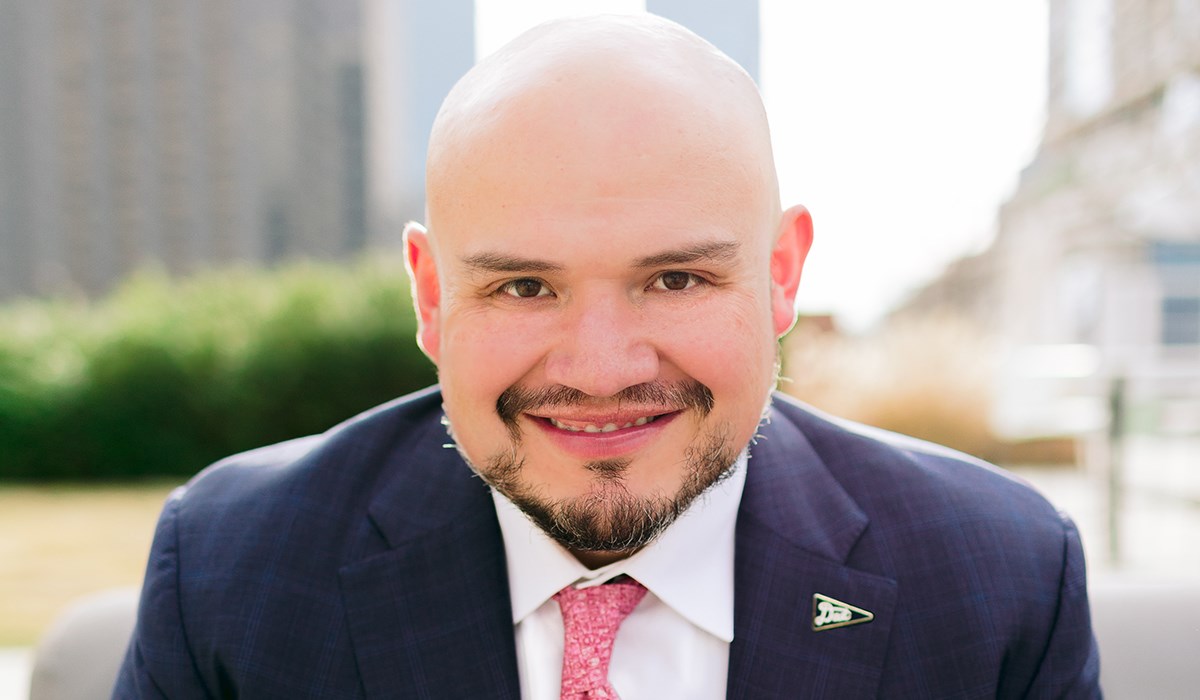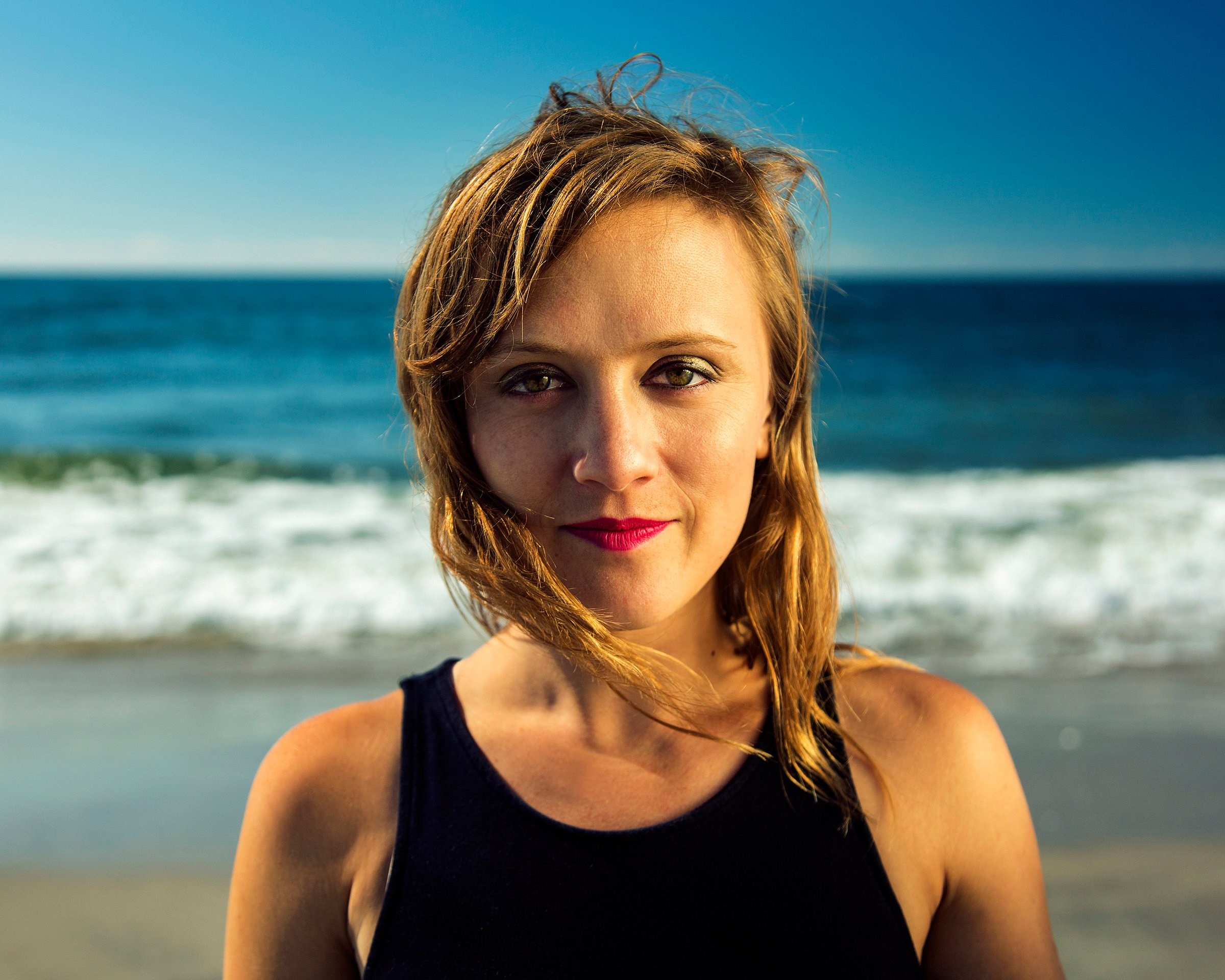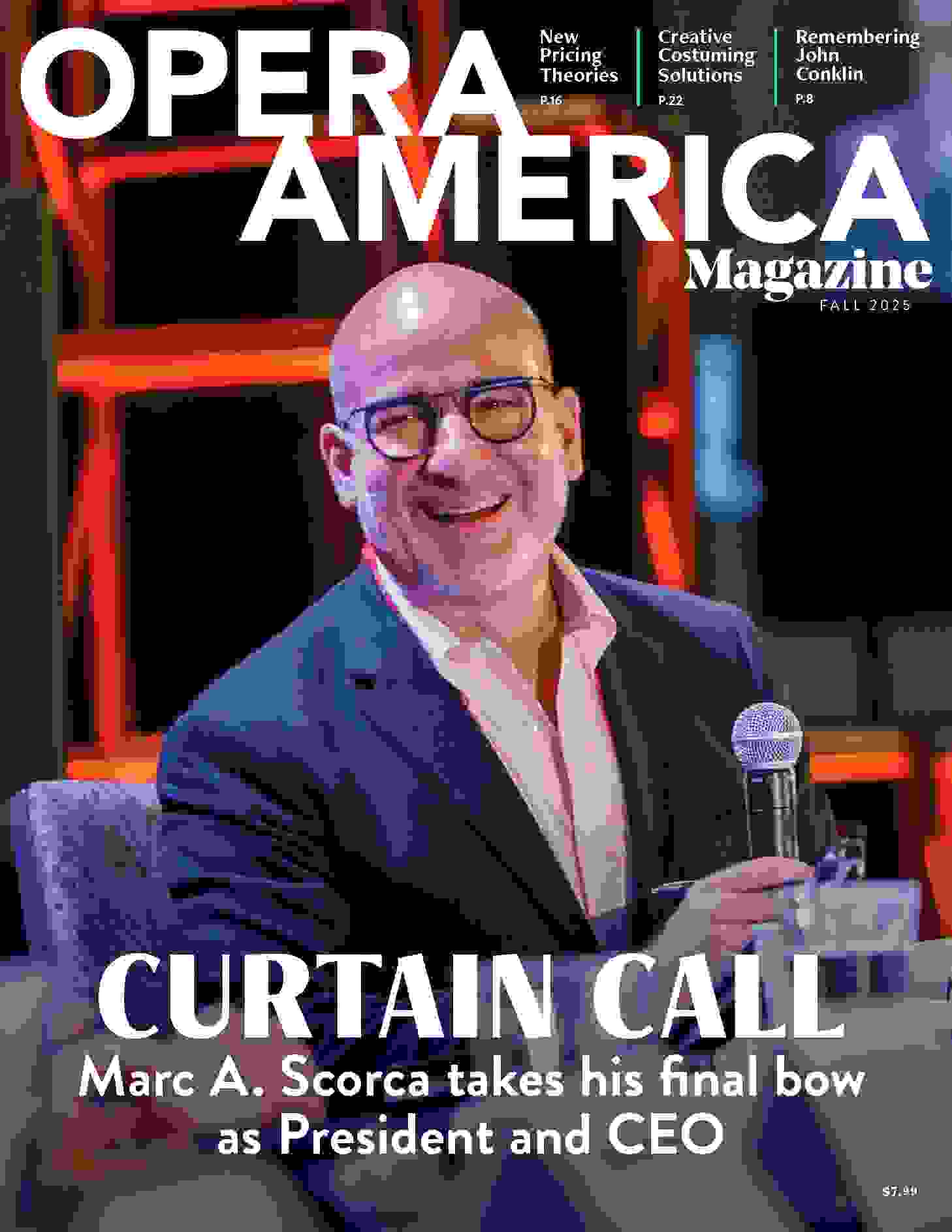Leaders of Today and Tomorrow
We continue our series of brief interviews with successful mid-career opera professionals, offering a look at their careers to date and how they’ve been supported by OPERA America.
Afton Battle, general director, Fort Worth Opera

“After receiving my undergraduate degree in vocal performance, I spent time in Europe on some significant tours, mostly performing in Porgy and Bess. When I finished my master’s degree, I couldn’t get a job singing because we were in the middle of an economic recession. I decided to stop singing and go down an administrative path, but it took a long time. Beginning in 2014, I had my fair share of experiences as a fundraiser in the performing and visual arts. It wasn’t until 2020 that I found my way back into opera. In fact, it took the pandemic and the murder of George Floyd for me to find myself on the radar of our colleagues in the opera industry who were looking for an administrator.
“Even before I was named general director of Fort Worth Opera, OPERA America was always a helpful resource. Their online job listing provides a comprehensive view of who is hiring for what and is less daunting than visiting the individual websites of all the opera and opera-adjacent companies. More recently, OPERA America has been a huge source of support and collegial encouragement. The various ways that Marc Scorca keeps us connected through our monthly Zoom meetings and budget groups have been very helpful. Laura Lee Everett has helped me get my bearings around programmatic things, like applying for grants from OPERA America, and invited me to be a guest panelist during the New Works Forum. The organization has provided a space and a platform for all of us to come together, whether we’re general directors, development directors, or have some other role as an arts administrator or artist. It’s been more of a help and a resource than I could have ever imagined.”
David Lomelí, chief artistic officer, The Santa Fe Opera

“I grew up in Mexico City and have been a professional artist since I was 12. I did voiceovers for the Spanish versions of Disney movies, had a pop band, and joined LA Opera after meeting Plácido Domingo in 2006. I signed as a recording artist with Columbia Artists in 2011, but in 2012, I developed a medical condition that made it hard to sing. The journey of healing took a long time, and by 2014, I was very frustrated because I couldn’t sing the way I wanted to. I decided to move into administration and took a job at The Dallas Opera as artistic coordinator. As part of that, I became the first manager of the Linda and Mitch Hart Institute for Women Conductors, which massively changed the game for gender diversity on the podium. In 2019, the Bavarian State Opera in Munich, Germany, called and offered me the job of casting director. During the pandemic, the travel and the risk of that role got to be too much, so I am now chief artistic officer at The Santa Fe Opera and a consultant for Dallas and Munich.
“OPERA America was one of the first places to realize I was something more than just a tenor. After I met Marc Scorca in Dallas, he suggested I apply to the Leadership Intensive program, which was a beautiful experience. Now, I’m part of the steering committees for the Racial Justice Opera Network and New Works Forum and have been part of panels at the conference and to adjudicate grants. OPERA America has really empowered me with meaningful opportunities to share my voice. I have a family of singers, and now, through OPERA America, I have a family of administrators who live the same life and are as passionate about their work as I am.”
Ellen Reid, composer and sound artist

“I grew up in east Tennessee, which is a musical part of the country with marching bands and church choirs and music that’s just part of the landscape. I was always involved with music — I played piano and sang — but I didn’t see anyone around me who was writing music, so I didn’t start exploring that until I was in college. I wanted to write music that sustains the story and keeps it in the forefront rather than having to be in the background. That was part of my transition to opera. I also worked at the famed Patravadi Theater in Bangkok, which did fusion Thai-Western operas, and that was an important entry point. It was an incredible learning experience for me and very humbling because so much about the music is different.
“After I went to graduate school, I received two Opera Grants for Women Composers through OPERA America’s partnership with the Virginia B. Toulmin Foundation. They really helped me develop projects and build confidence in my ability to write opera. One of those projects was p r i s m, which was produced by Beth Morrison Projects and has a libretto by Roxie Perkins. It won the Pulitzer Prize for Music in 2019. Those grants helped me, but they’ve also helped shape the field to be more equitable.
“The performances and rehearsal spaces and recording studios at the Opera Center are a great hub for the community. OPERA America gives you a way to get to know the lay of the land. I would encourage anyone trying to make it in opera to apply for OPERA America’s grants or get more involved.”
This article was published in the Winter 2022 issue of Opera America Magazine.





